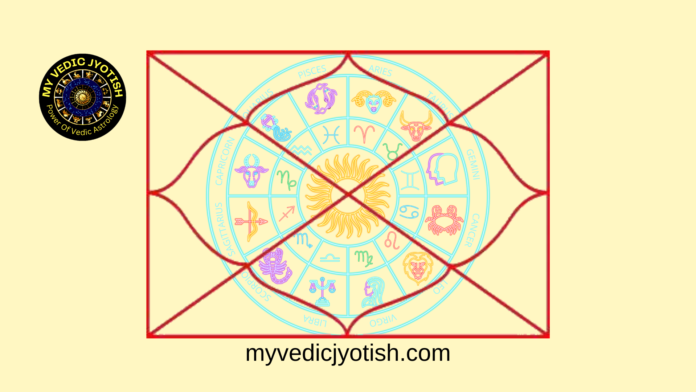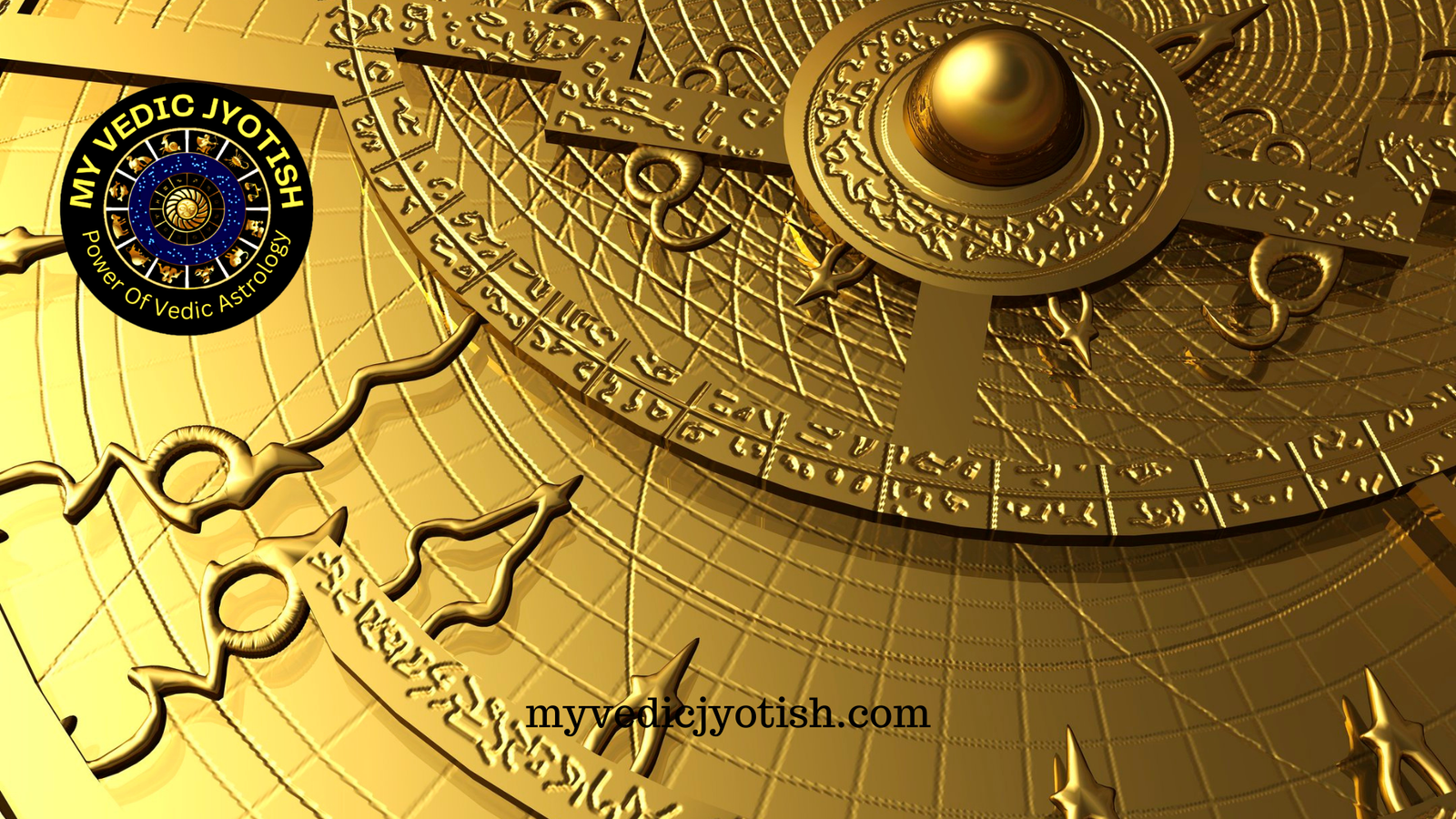Planetary positions refer to the specific locations of celestial bodies, such as the Sun, Moon, and planets, within the zodiac at the time of an individual’s birth. These positions are typically measured in degrees, minutes, and seconds along the ecliptic, which is the apparent path of the Sun as observed from Earth. The accurate determination of planetary positions forms the foundation for constructing a birth chart and analyzing their influence on various aspects of life.
2. House Divisions:
House divisions are a crucial component of Vedic astrology, as they divide the zodiac wheel into twelve equal segments or houses. Each house represents specific areas of life, such as personality, wealth, relationships, career, and spirituality. The division of houses helps astrologers understand the various facets of an individual’s life and how the planets placed in these houses may influence those areas.
3. Planetary Aspects:
Planetary aspects describe the angular relationships between celestial bodies in the birth chart. Aspects represent the influence that one planet has on another based on their specific degrees in the zodiac. Different aspects can be formed, such as conjunctions (when two planets are in close proximity), oppositions (when planets are approximately 180 degrees apart), trines (120-degree angles), squares (90-degree angles), and more. Each aspect carries a specific energy and indicates how planets interact with one another, either harmoniously or challengingly.
4. Time Calculations:
Time calculations play a significant role in Vedic astrology for various purposes. The Panchang, a traditional Hindu calendar, provides precise astronomical and astrological information, including the positions of celestial bodies at specific times. This information helps determine auspicious timings for conducting important life events or rituals. Additionally, time calculations are essential for calculating planetary periods known as dashas, which indicate different phases and influences experienced throughout a person’s life.
5. Ephemeris and Astrological Software:
Ephemeris tables are reference books or online resources that provide detailed data on the positions of celestial bodies at specific times. Astrologers consult ephemeris to accurately determine planetary positions, aspects, and other astrological calculations. With the advent of technology, astrological software has become increasingly popular. These software programs automate complex calculations and generate comprehensive charts, reports, and predictions, saving time and ensuring accuracy in astrological analysis.
By understanding and applying these concepts of planetary positions, house divisions, planetary aspects, and time calculations, astrologers can derive valuable insights and make predictions about an individual’s life, character traits, relationships, career prospects, and more. These fundamental principles form the backbone of Vedic astrology, enabling practitioners to decipher the celestial influences and offer guidance to those seeking a deeper understanding of their lives.



